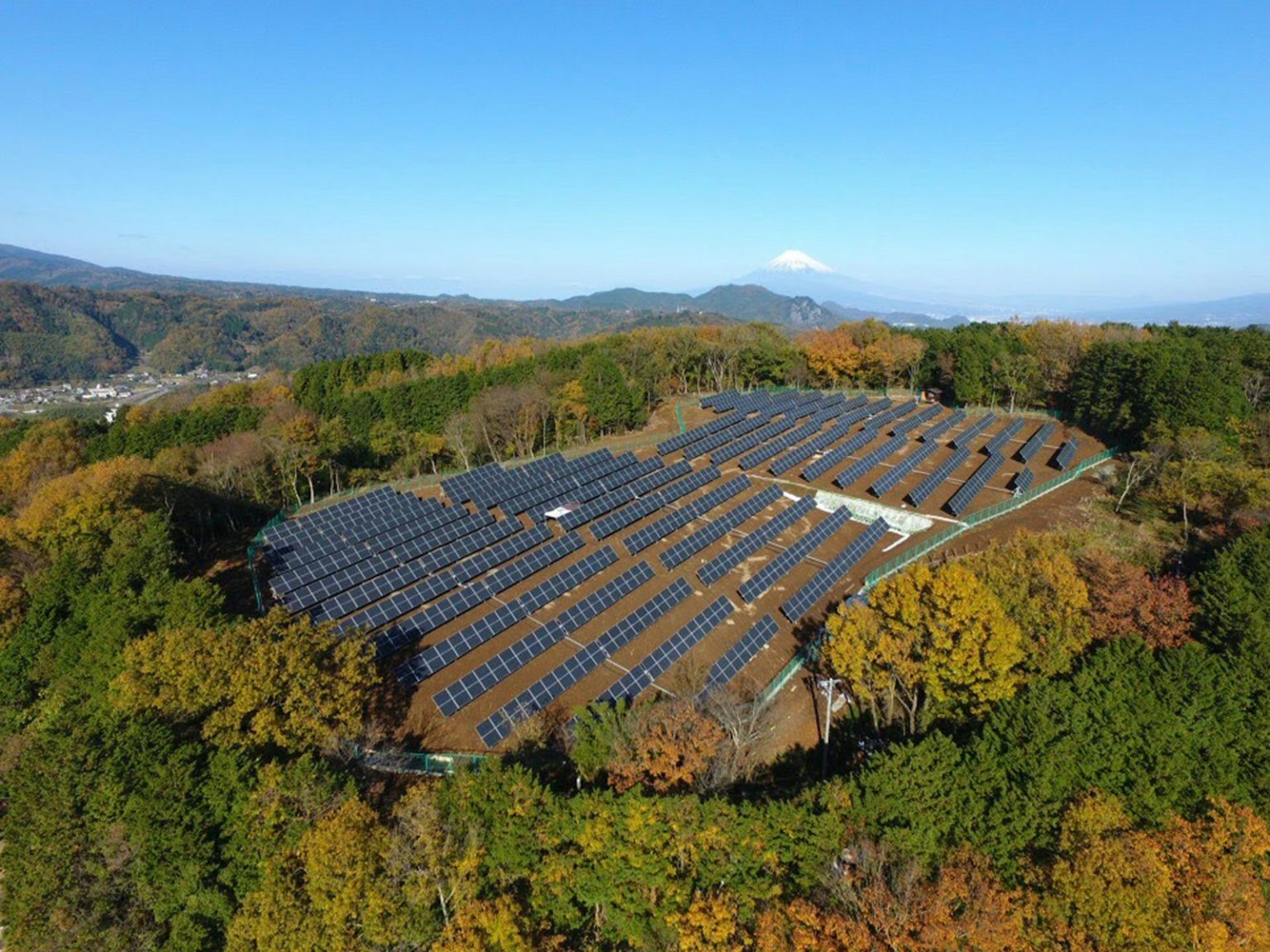At the Global Renewables Summit, COP28 President Dr. Sultan Al Jaber has urged that global investment in renewable energy must more than triple over the next six years to achieve the 11,000GW capacity target necessary to limit global warming to 1.5°C. Speaking at the summit, which coincided with the 79th UN General Assembly in New York, Dr. Al Jaber underscored the urgency of tripling renewable energy capacity as a vital enabler of global climate ambitions and sustainable development.
“Tripling renewable capacity is not just a benchmark; it is an essential enabler of all global efforts to keep 1.5 within reach, advance sustainable prosperity, and leave no one behind,” he stated. The summit marks a significant step towards fulfilling the ambitions outlined in the UAE Consensus, which serves as a critical reference point for global climate goals.
Over the past two decades, renewable energy has experienced “historic expansion,” with capacity increasing eightfold and costs plummeting by more than 80%. Dr. Al Jaber noted that solar power is now the cheapest energy source available. However, he expressed concern that while trends are positive, they are not progressing quickly enough to meet urgent climate goals.
He highlighted three key areas where urgent action is needed: increased investment in infrastructure, advancements in technology—particularly artificial intelligence (AI)—and heightened focus on the Global South. “We need to more than triple overall investment over the next six years to meet our 2030 target of 11,000GW,” he asserted.
Dr. Al Jaber stressed the importance of private-sector investment, pointing out that investors require assurance that their projects will connect to reliable grid systems within a feasible timeline. He highlighted that many grids in developed nations are over 60 years old, while many countries in the Global South lack grid infrastructure entirely.
“Governments must step up,” he urged, calling for specific renewable energy and infrastructure targets in upcoming Nationally Determined Contributions (NDCs). He also called for policies that incentivise private investment and streamline permitting processes, noting that the current pace of permitting in many areas is akin to “driving with the handbrake on.”
The COP28 President highlighted the potential of AI to address challenges in renewable energy, such as intermittency and storage. He explained that smarter grids, aided by AI, could enhance energy management, extend battery life, and bolster transmission infrastructure. “The faster we invest in and apply AI to the energy sector, the faster its benefits can be scaled,” he said.
Dr. Al Jaber also addressed the inequity in global renewable energy investment, noting that over 120 developing countries receive less than 15% of total investment. He called on international financial institutions to innovate financing models that make capital more accessible and affordable for these nations.
Examples of initiatives aimed at boosting investment include the Africa Green Investment Initiative, targeting 25 renewable energy projects across 14 African countries, and ALTÉRRA, a climate investment fund that has already deployed $6.5 billion across projects with a total capacity of 40GW.
Concluding his address, Dr. Al Jaber asserted that “business as usual simply will not work,” advocating for a new model of engagement that fosters public-private partnerships and a shared commitment to sustainable investment. “Investing in renewables is not merely a cost; it is an investment that will yield significant returns,” he stated.




